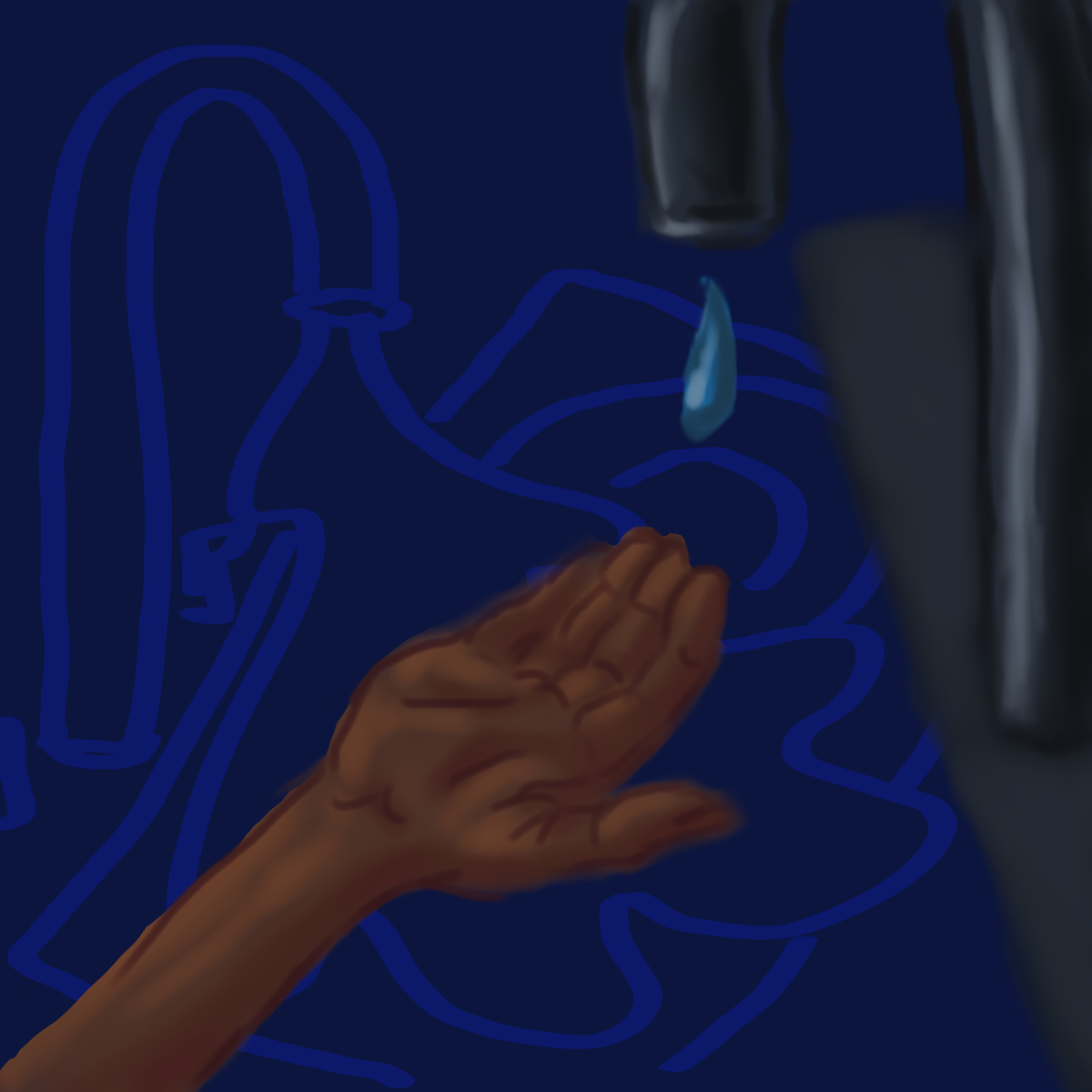September 26, 2023
The Edwards-Trinity aquifer, which supplies the city and other Central Texas regions with water, is at its lowest and driest point on record, according to Ab.
Despite the drought, the University continues to utilize its decade-plus old water conservation system to save water, according to Jim Carse, University landscape services manager. The system, implemented for its first full year in 2012, drastically conserves water around campus, Carse said.
“We were estimated to have been using around 175 million gallons per year going into 2011, and it was estimated that the first full year we had the system in 2012, we saved approximately 100 million gallons,” Carse said.
The system constantly upgrades to make sure as much water is saved as possible, Carse said. Currently, it runs through a complex master valve system, which means the system recognizes when there’s a leak and turns off the system immediately to save any potentially wasted water, Carse said.
“We’ve had a mindset of water conservation since the last major drought in 2009-10,” said Jim Walker, University director of sustainability. “We’re well aware of the regional pressures and our role as an anchor institution in aligning with things like water conservation.”
Stage 2 water restrictions limit the time of the University’s water usage on large areas with automatic systems. However, since UT is a state university, the city grants some leeway when water limitations are surpassed.
“We follow (water restrictions) as best as we possibly can,” Carse said. “We may need to run (larger) areas a tad bit more in order to keep them healthy, but we abide as best we can by the water window that is asked of us.”
Currently, the University is planning a new innovative utilities and energy project called UT Waterhub, which is in its final stage of approval with implementation expected by 2026, said Xavier Rivera Marzán, University executive director of utilities and energy management. The project, made possible through a partnership between the University and NextEra, will recover water from sewers and reuse it in cooling towers or for power production, Rivera Marzán said.
Anyone is capable of water conservation, Rivera Marzán said.
“It starts with us when we see something dripping (and) we turn it off,” Rivera Marzán said. “When we see misuse of water, we say something about it. … One person does make an impact, so because (there is) 50,000 of us, then it’s 50,000 impacts.”

